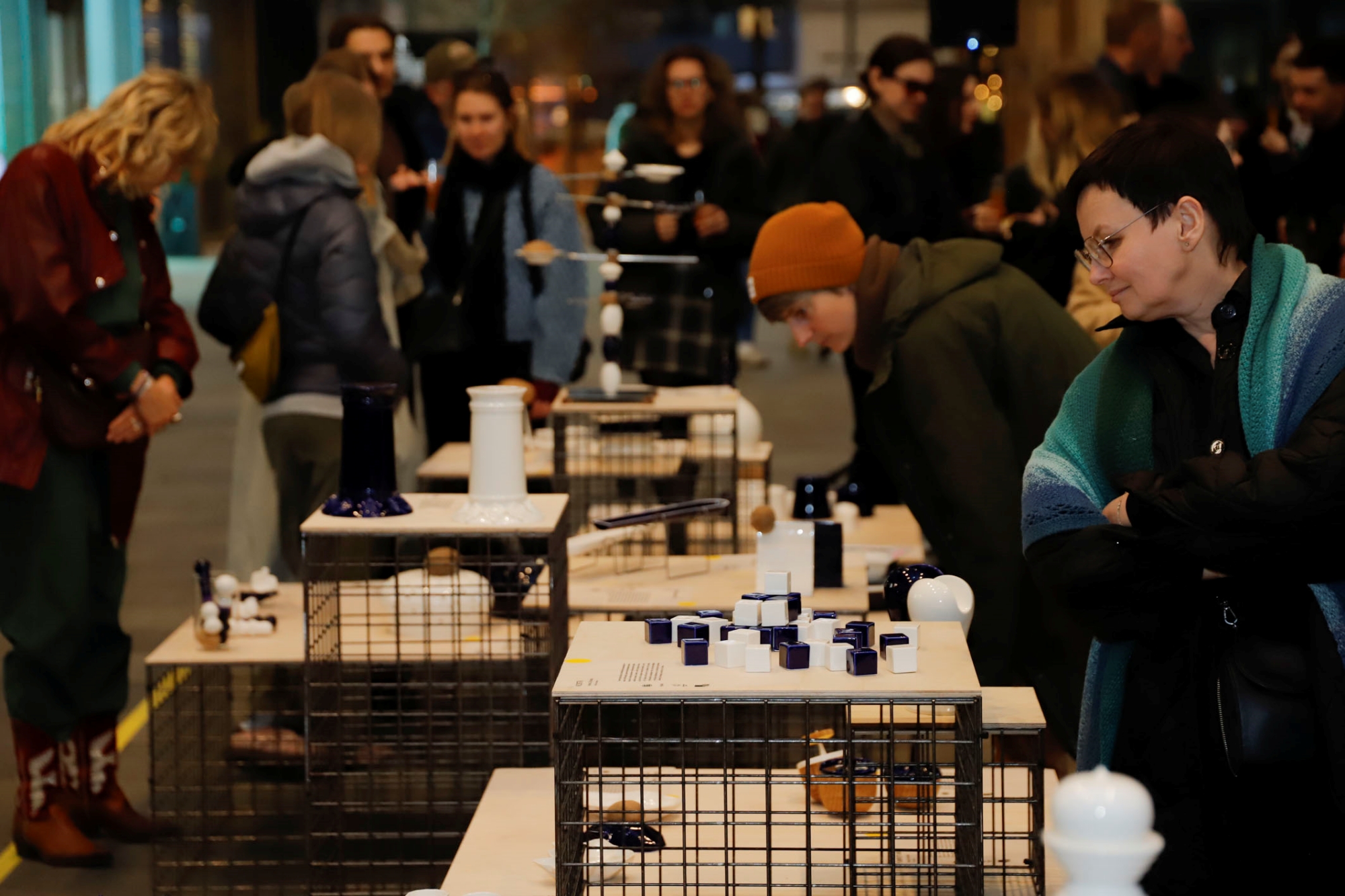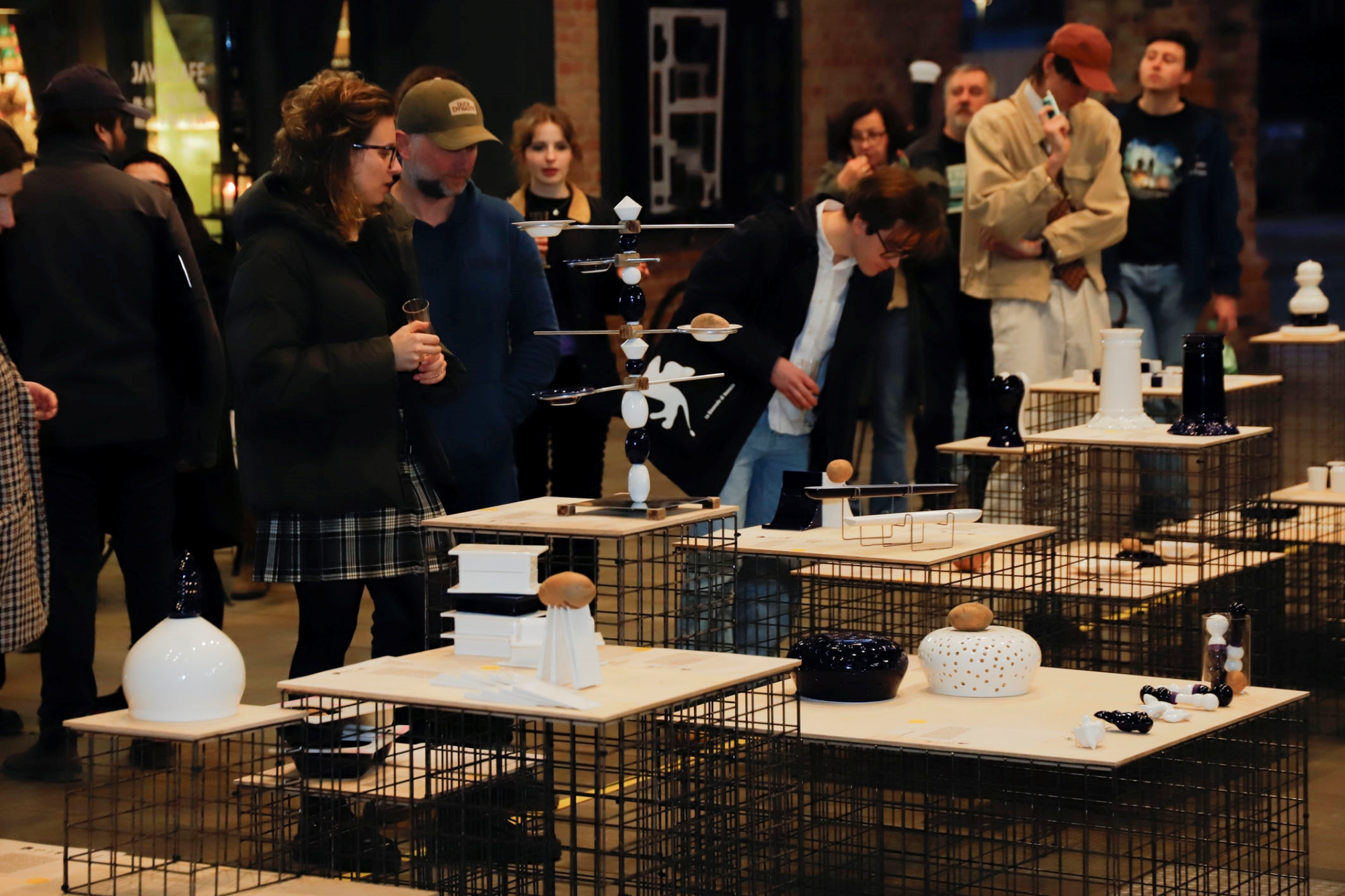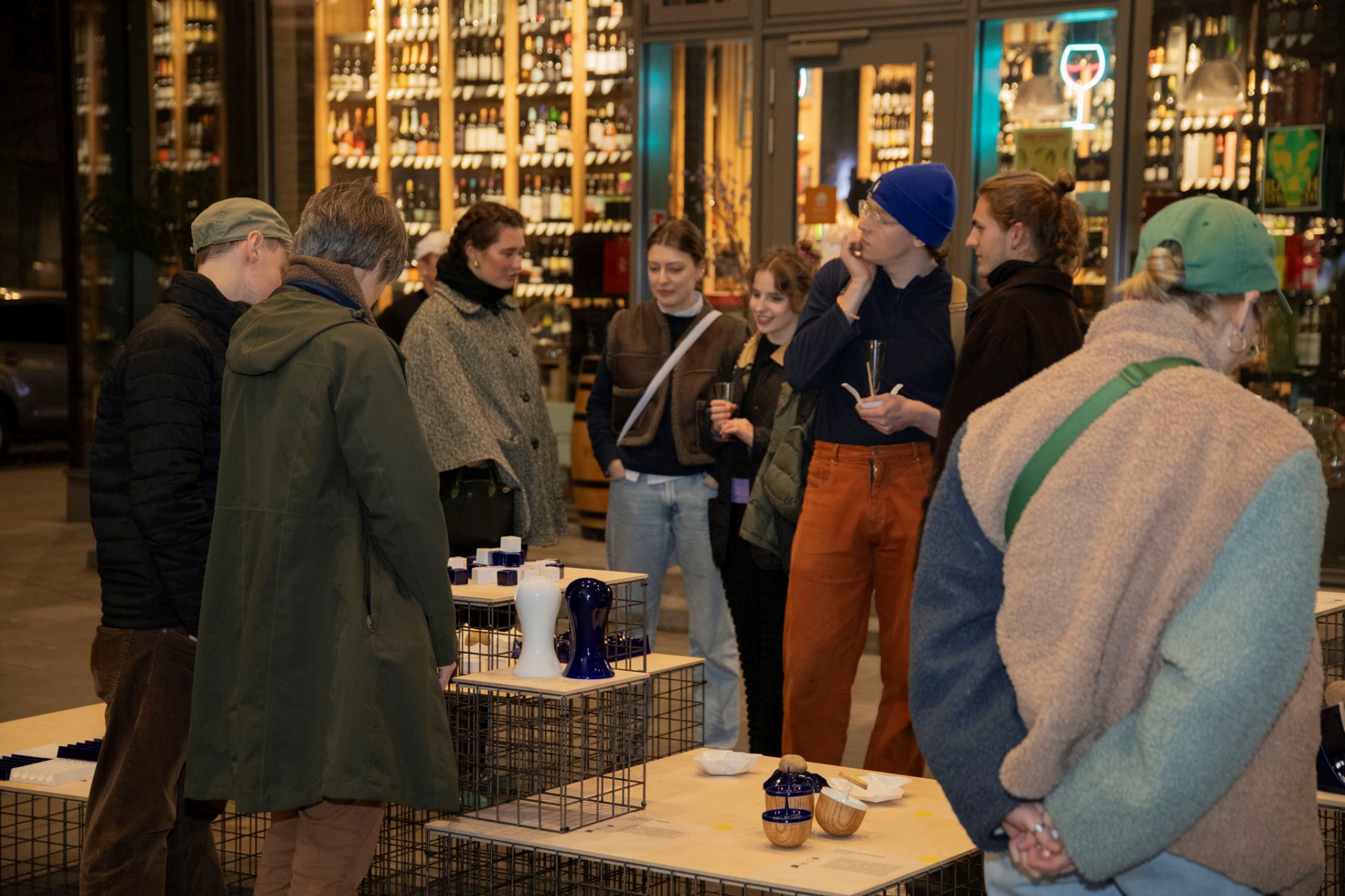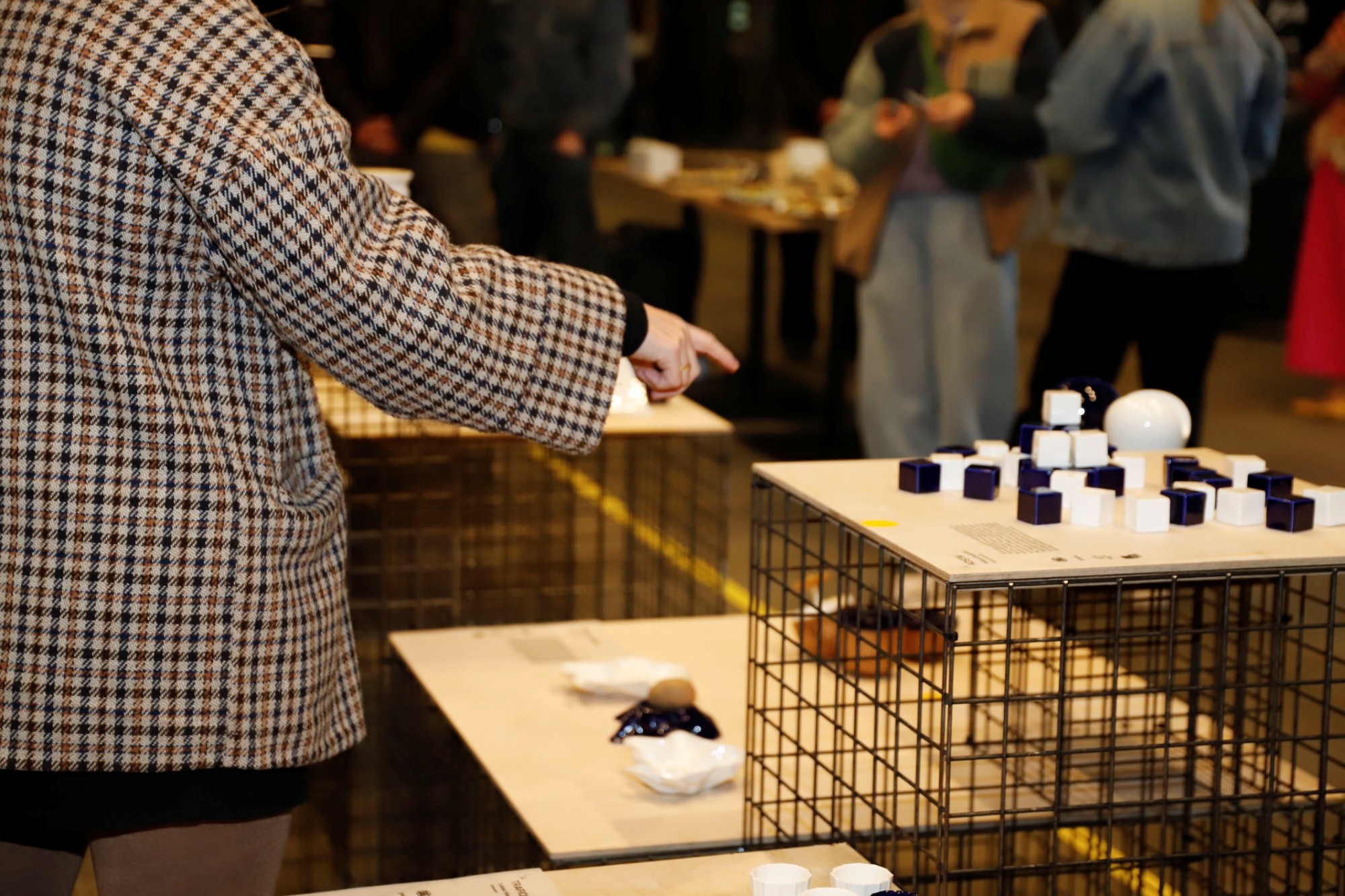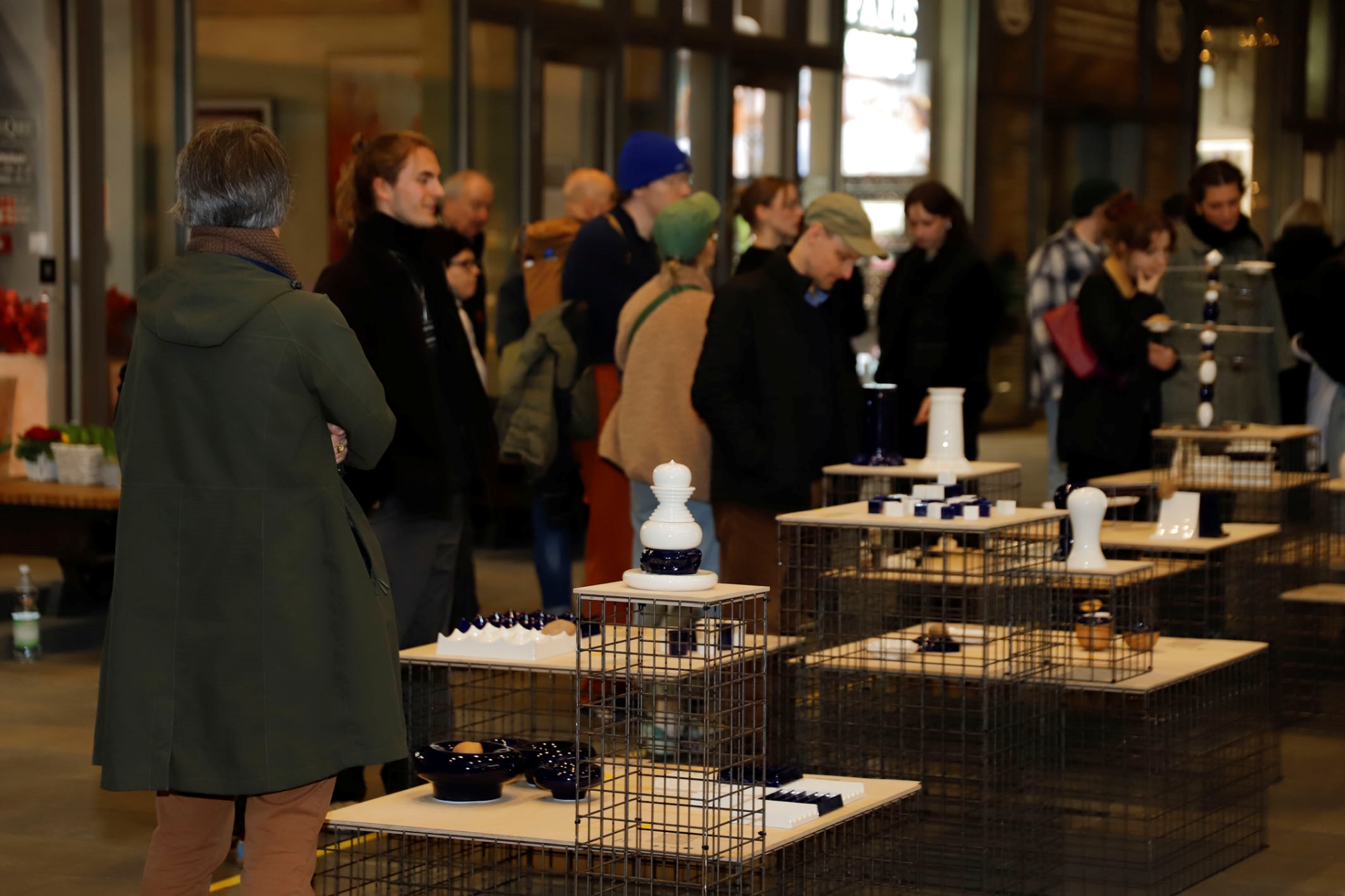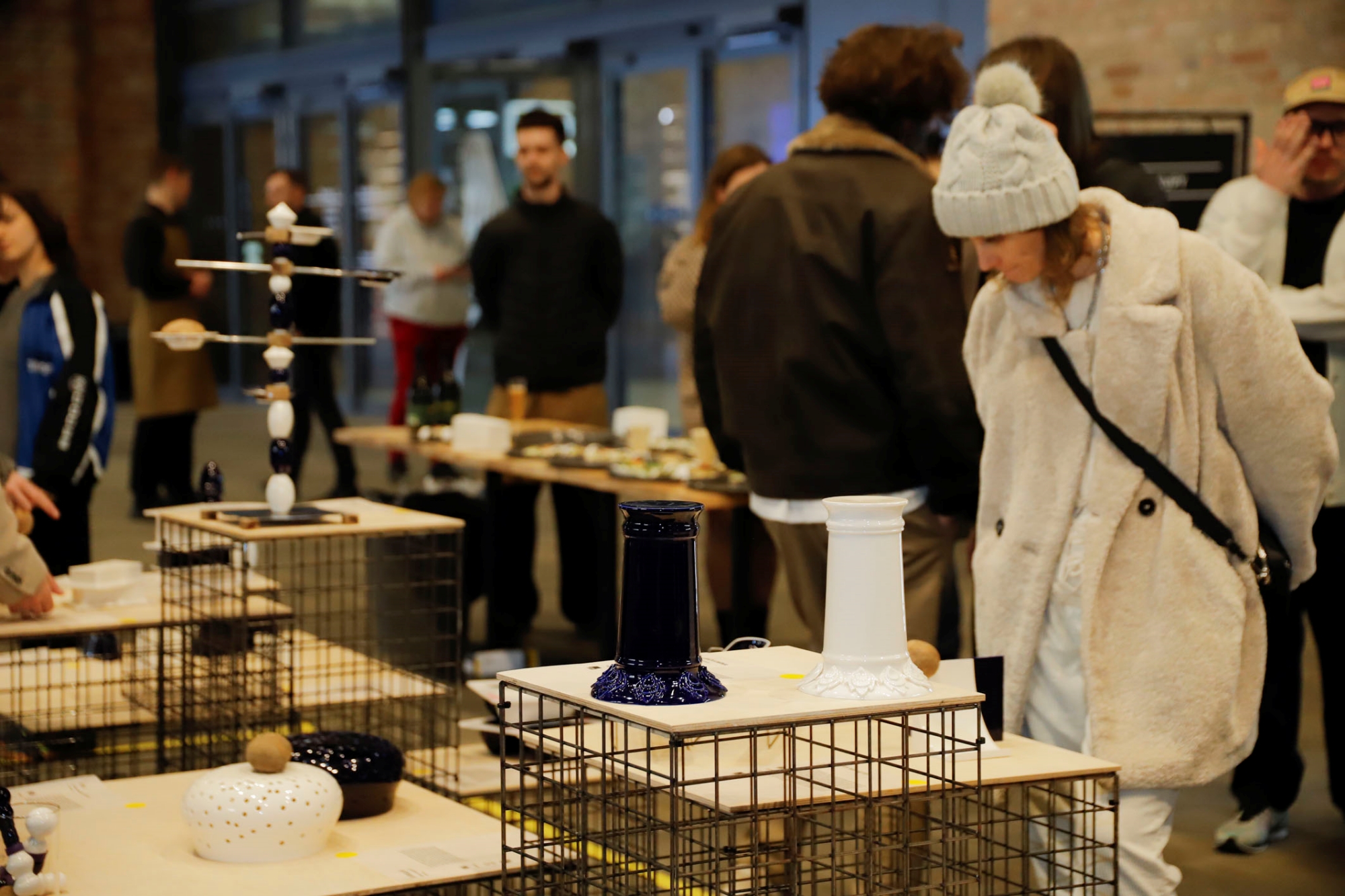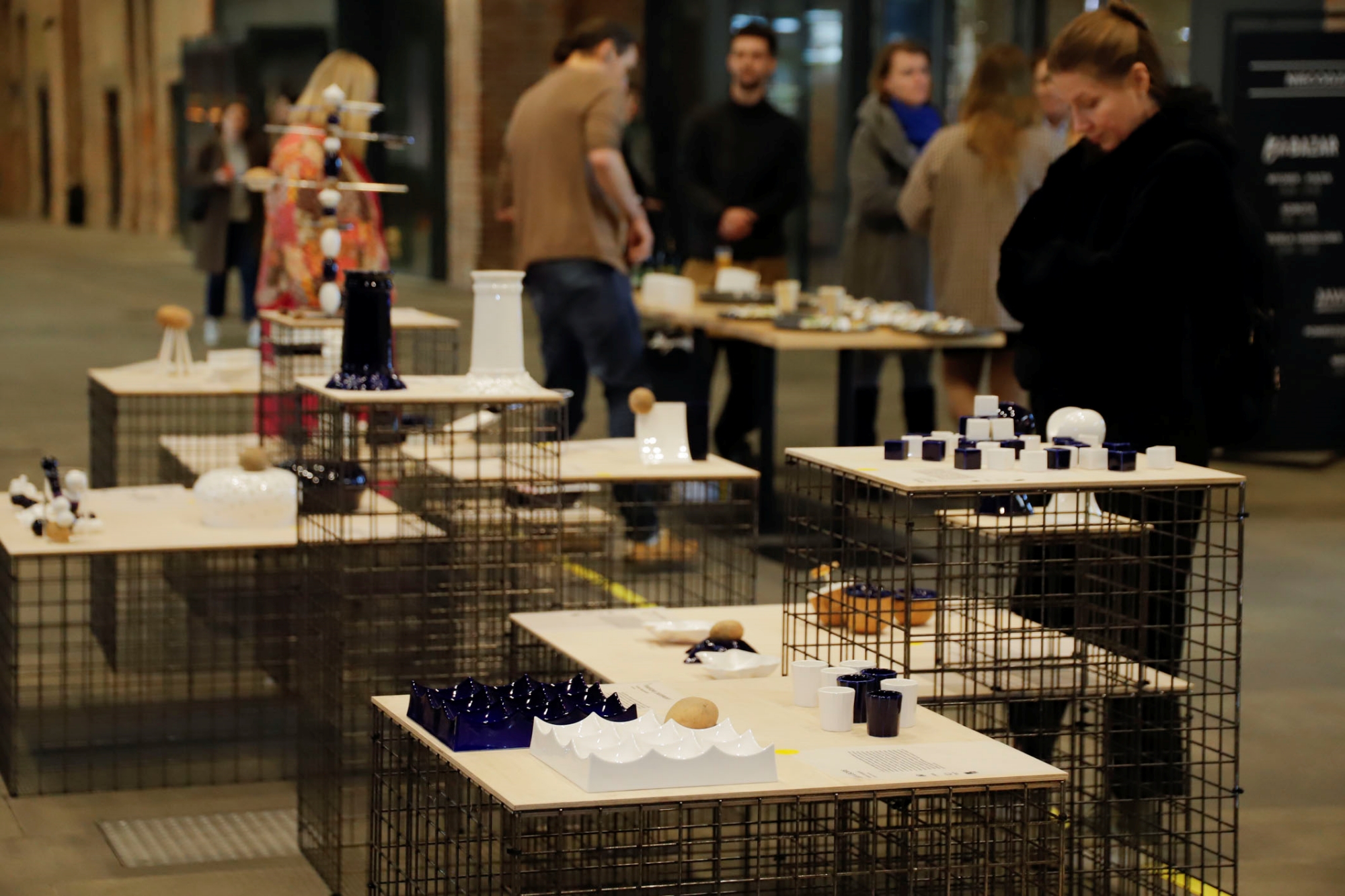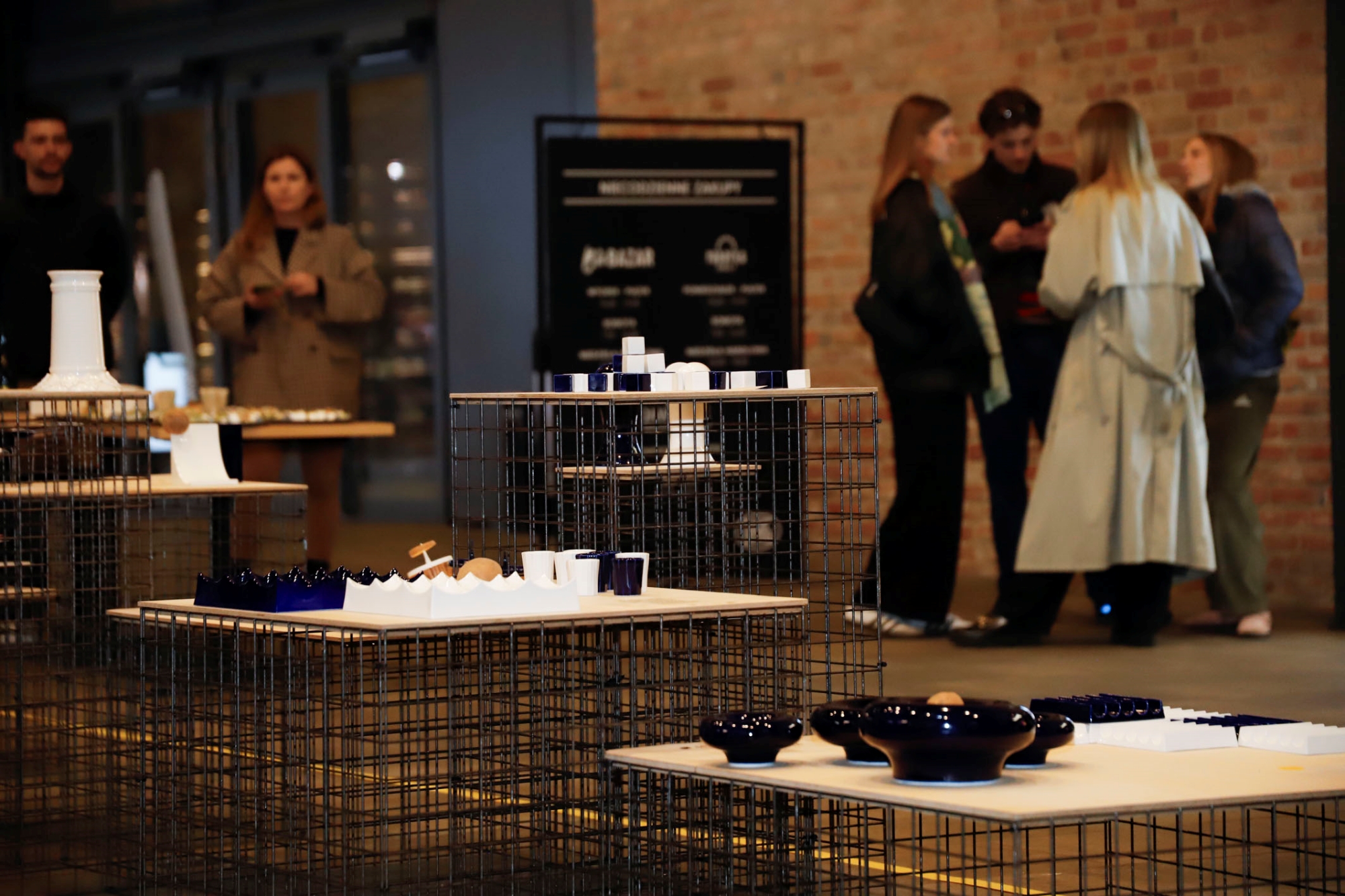Published: 27 March 2025
Project Tuber
Author: Editorial Team
Imagine borscht with potatoes served on a Battleship game board, or kopytka (often referred to as Polish gnocchi) arranged in long strands in a ceramic gutter. And what if fries were presented one by one in a uniquely designed display stand? Discover how the School of Form students have creatively reimagined tableware for potato-based dishes.
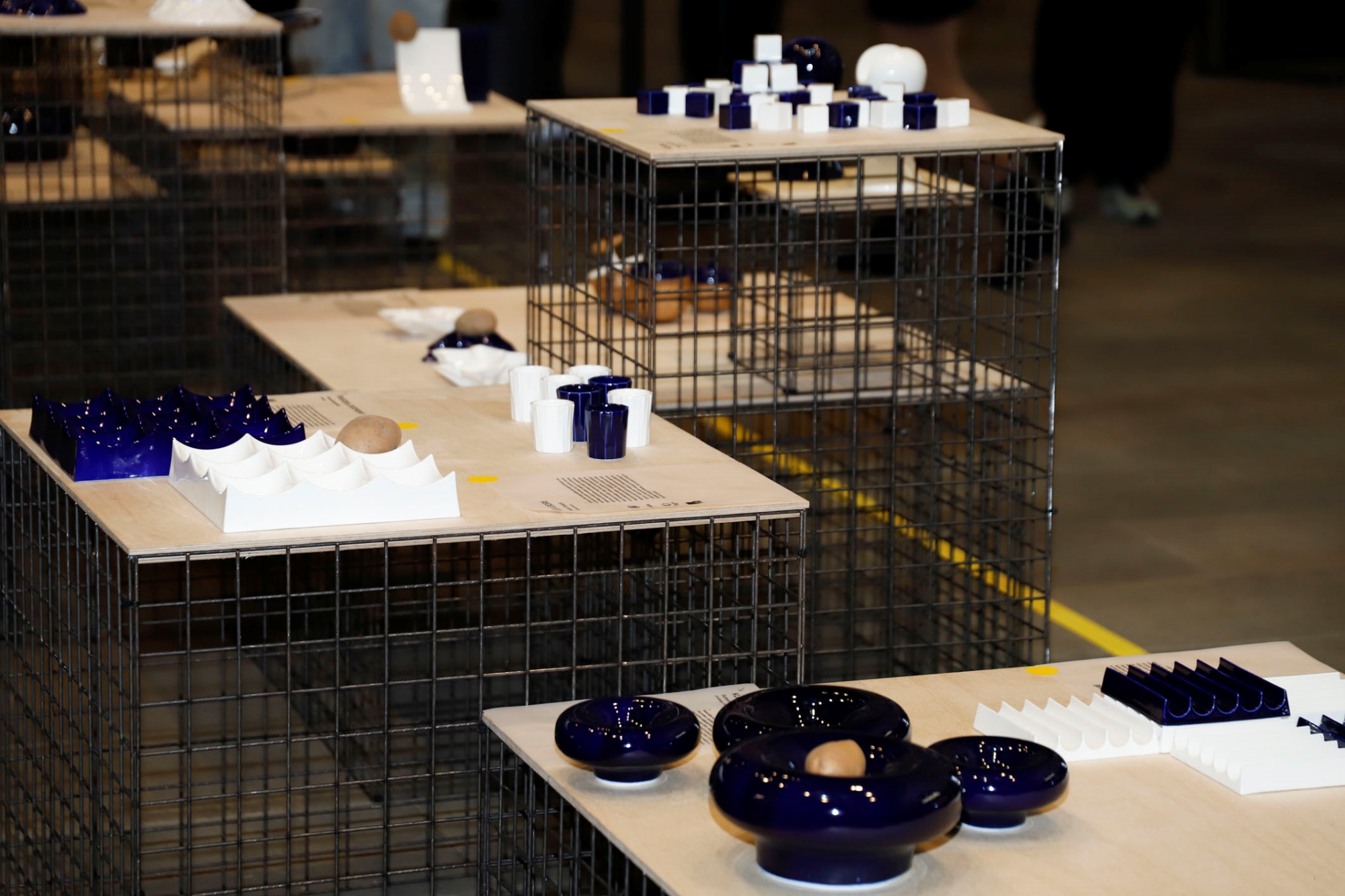
A fresh take on tradition
Project Tuber (Polish: "Bulwa") is a joint initiative of the School of Form, BioBazar—an eco-friendly marketplace—and Norblin Factory, a trendy venue in Warsaw combining office spaces, dining spots, and shops. Under the guidance of Arkadiusz Szwed, with support from the ceramics studio team—Jagoda Harton and Adam Biegała—and Maria Krześlak-Kandziora, Product Design students created a unique collection of ceramic tableware that redefines how potato dishes are served.
We wanted to completely move away from the traditional flat plate. Our vision was to somehow conceal, elevate, and stack the potato, presenting it in a fresh and innovative way, ultimately transforming the perception of this Polish agricultural staple. By placing it on a pedestal, within a thoughtfully crafted display, we aimed to show that the potato can take on an added value.
Arkadiusz Szwed
Head of the ceramics studio at School of Form

For many of us, the potato is a symbol of home cooking, everyday life, and tradition. The Tuber project beautifully illustrates how a well-known ingredient can be reimagined, demonstrating that food is not only about flavor but also about presentation, context, and overall experience. This is a fantastic example of how design can change our perception of food and encourage culinary experimentation. At BioBazar, we have always advocated for a mindful approach to food and a deep respect for nature. We are thrilled to support initiatives that seamlessly blend design, culture, and gastronomy. Creativity truly has the power to change our perspective, even on the most familiar things.
Kinga Nowakowska
Co-founder of BioBazar and board member at Capital Park Group, owner of Norblin Factory
Explore the tableware designed for project Tuber
An unlikely hero
As Maria Krześlak-Kandziora, a lecturer at School of Form, notes in her curatorial text, the history of the potato is "a gripping and adventurous tale of social ascent." Originally from Peru, potatoes were once considered fit only for pigs or soldiers before earning their place on the tables of both the nobility and ordinary people.
Today, the potato is grappling with the challenges posed by the escalating climate crisis. In Norway, for instance, 2024 saw extreme weather conditions leading to crop failures and widespread potato rot. Meanwhile, NASA is exploring ways to cultivate potatoes on Mars. In Peru, a cryobank safeguards the genetic material of nearly 4,000 potato varieties. During the Tuber project, our students engaged with these diverse narratives, aiming not to reinvent the potato but to highlight its importance to Europeans, its rich heritage, and its role in our collective future.
Maria Krześlak-Kandziora
Excerpt from the curatorial text
Experimenting with form and playing with food
Before the students began their design work, they were presented with a curated selection of 20 potato-based dishes prepared by BioBazar. The array included familiar favorites like fries, potato pancakes, and pierogi, alongside lesser-known specialties like zaguby, a traditional dish from Poland’s Podlasie region, and French gratin dauphinois. Each dish varied in texture, firmness, taste, and aroma. Students then drew lots to decide which dish would inspire their serving vessel design.
The finished tableware—better described as display pieces—highlights the unique character of each dish. Created using both 3D printing and traditional modeling techniques, these pieces inspire creativity and invite culinary experimentation, even playfulness in the kitchen. They also challenge our conventional ideas about serving food on flat plates or in bowls.

The best part of this project was that students worked with one vegetable but in multiple variations, uncovering a wealth of insights. Essentially, we are telling the potato’s story through 20 unique, functional porcelain pieces. Breaking the rules was an essential part of the process—so was playing with food and material. Porcelain is not an easy medium; it 'dances' in the kiln, warps, and shrinks. This brought us both joy and frustration.
Arkadiusz Szwed
Head of the ceramics studio at School of Form
Discover how the tableware was created
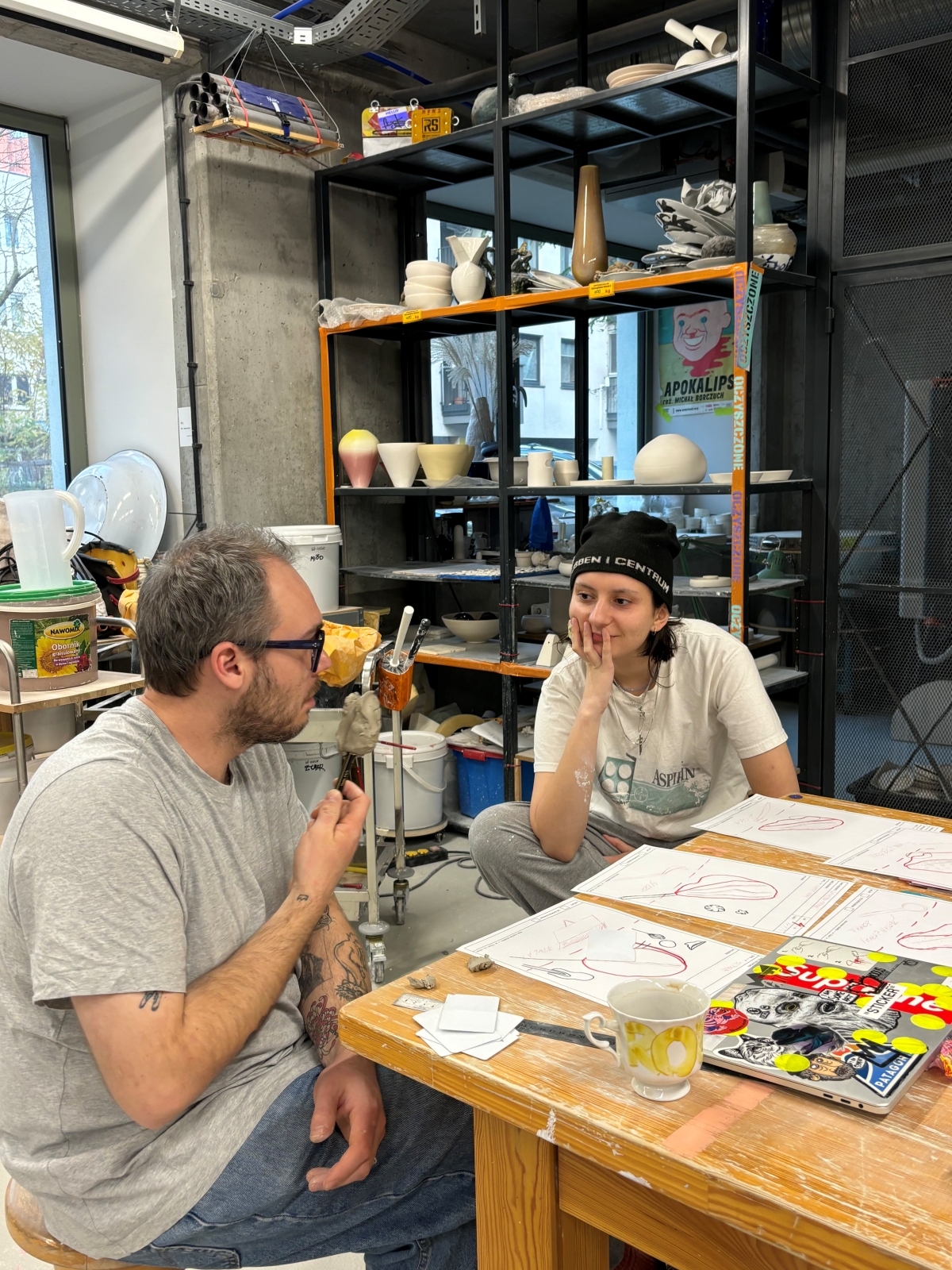
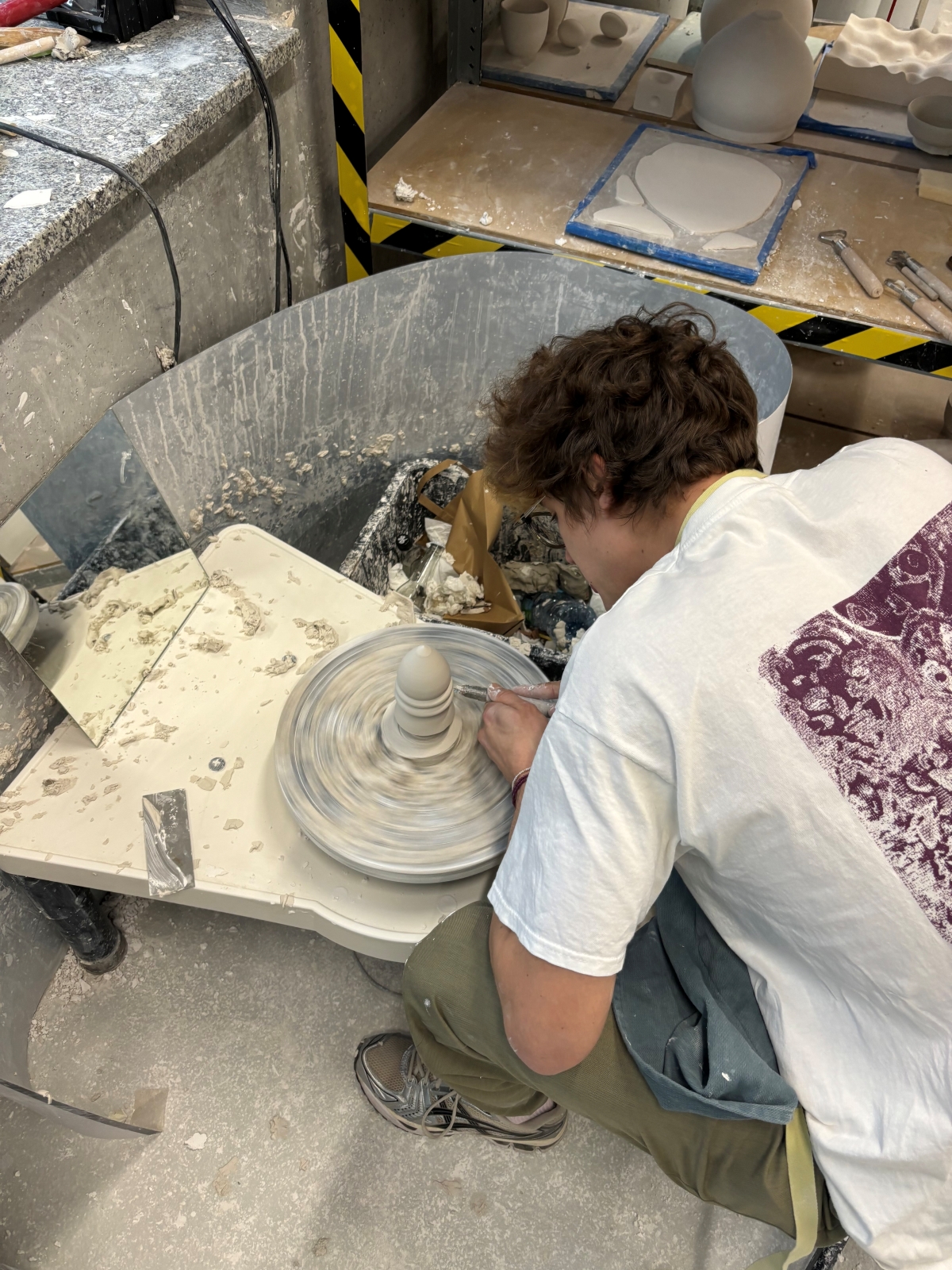
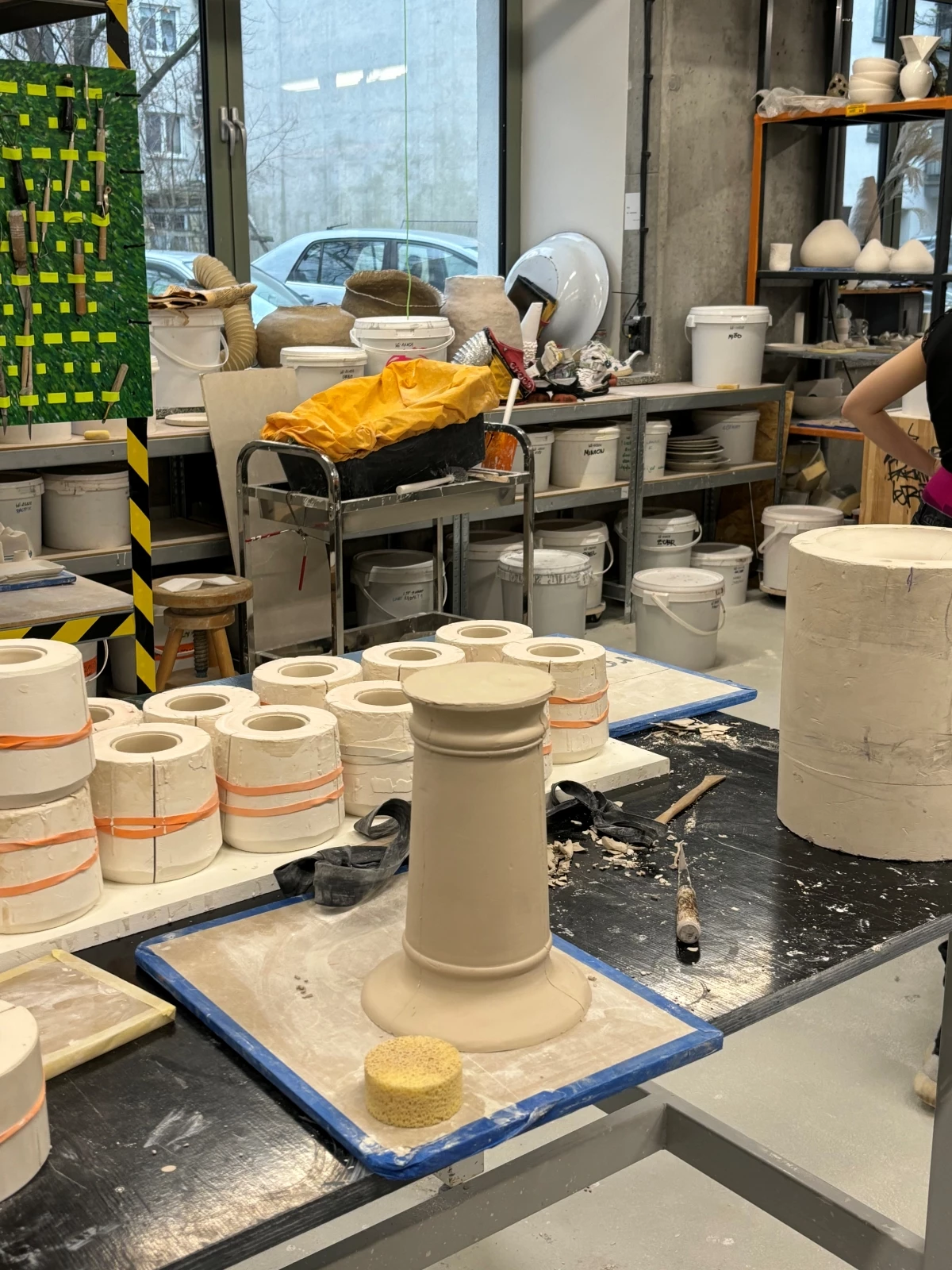
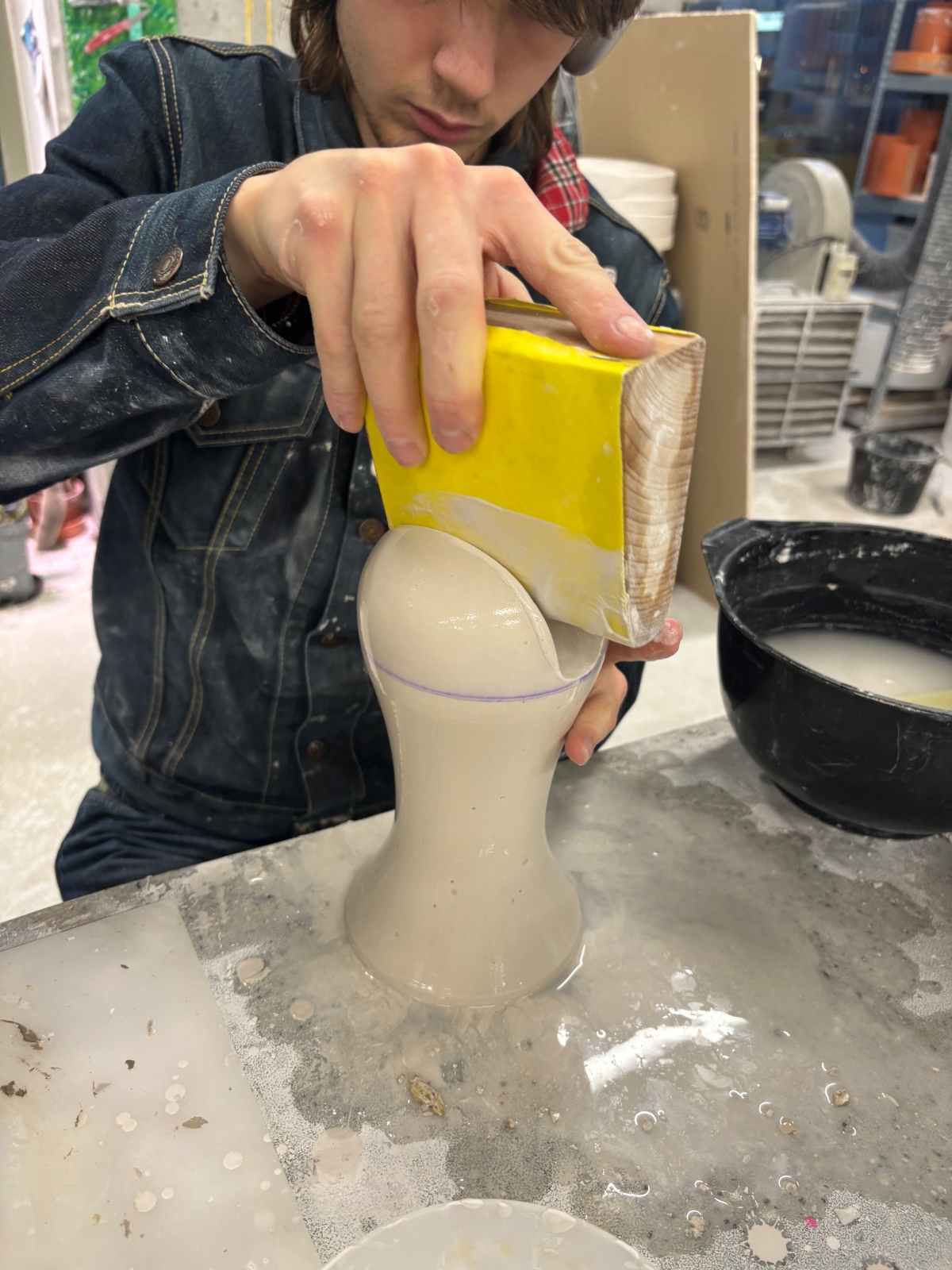
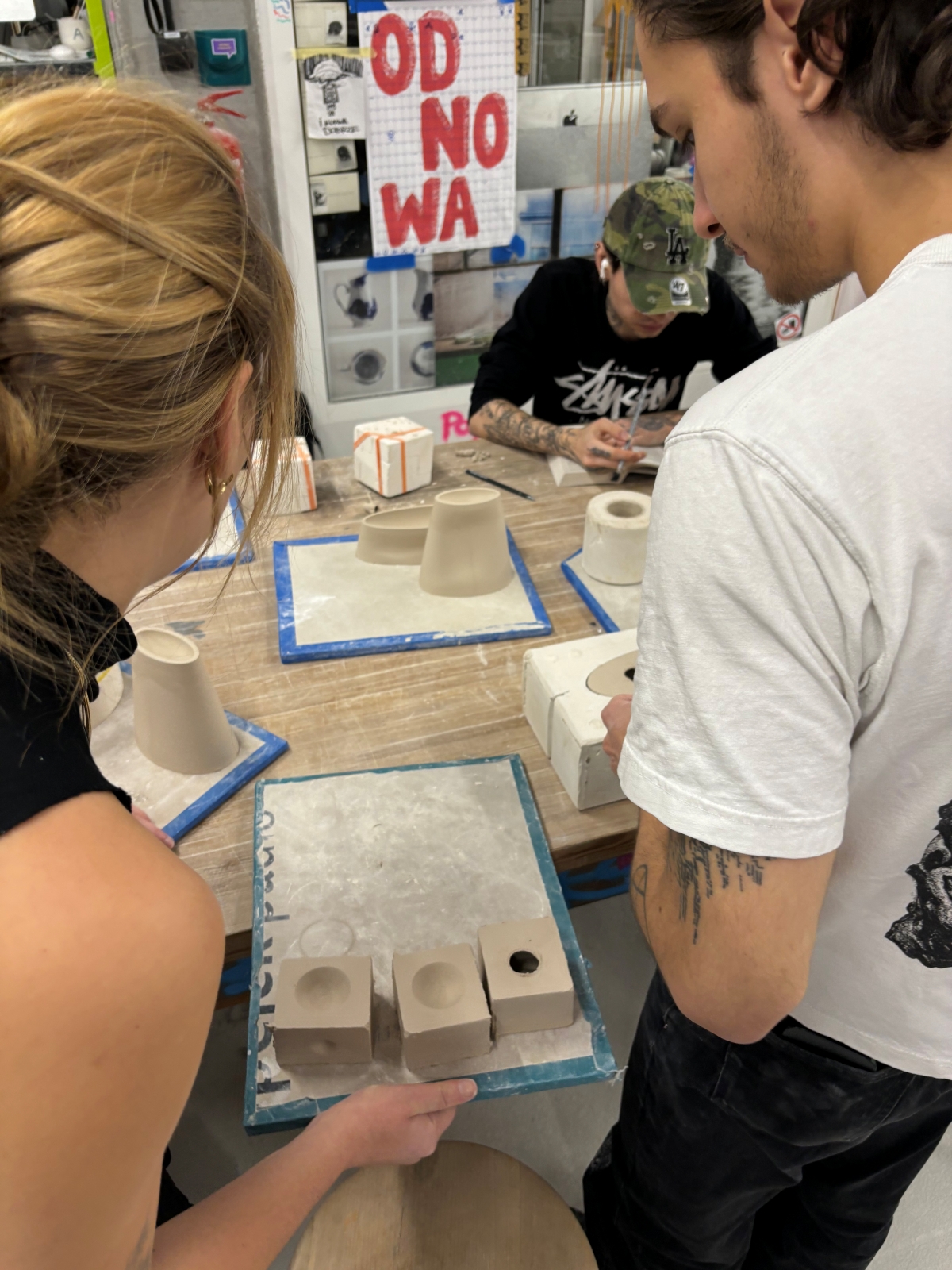
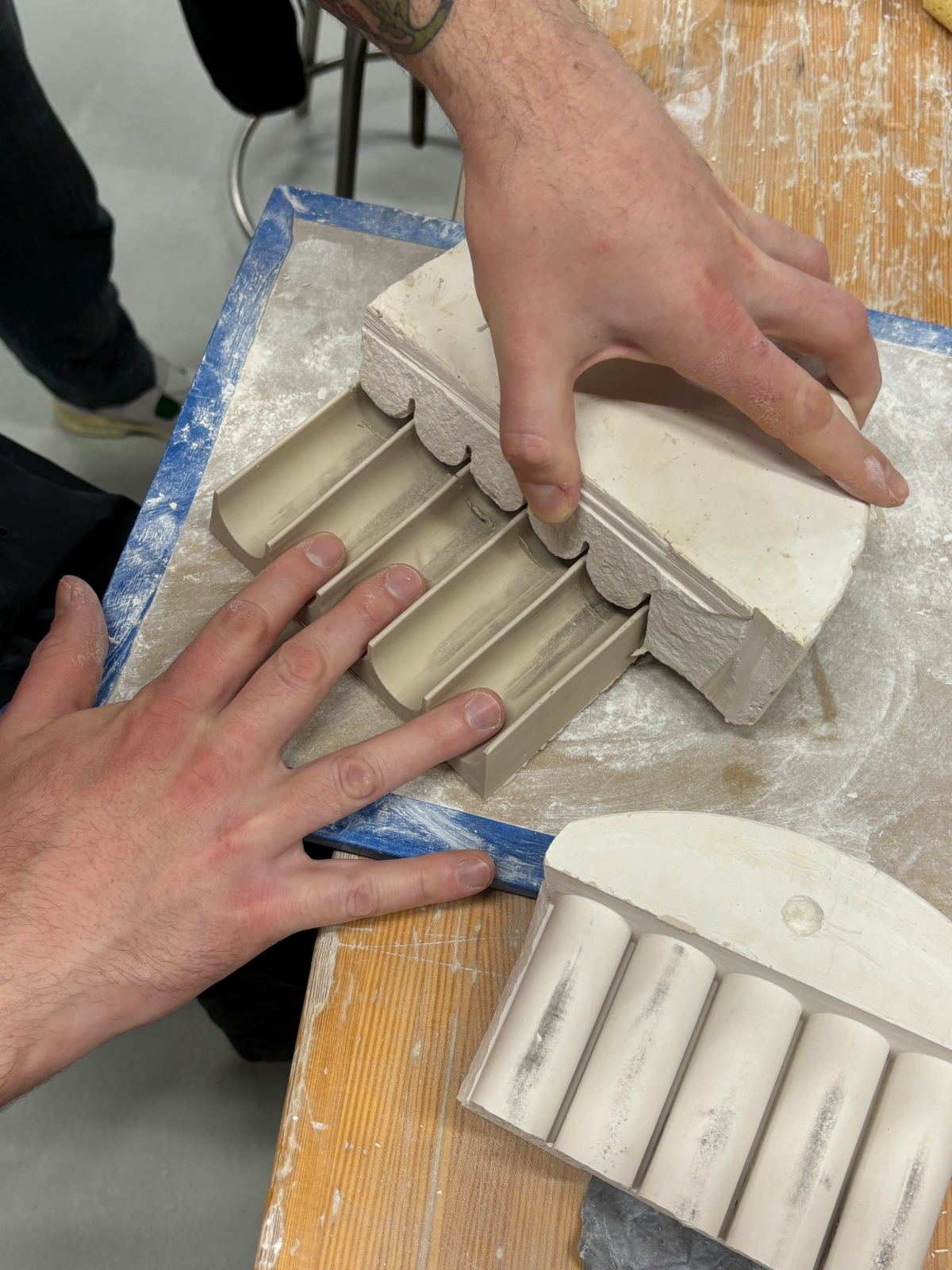
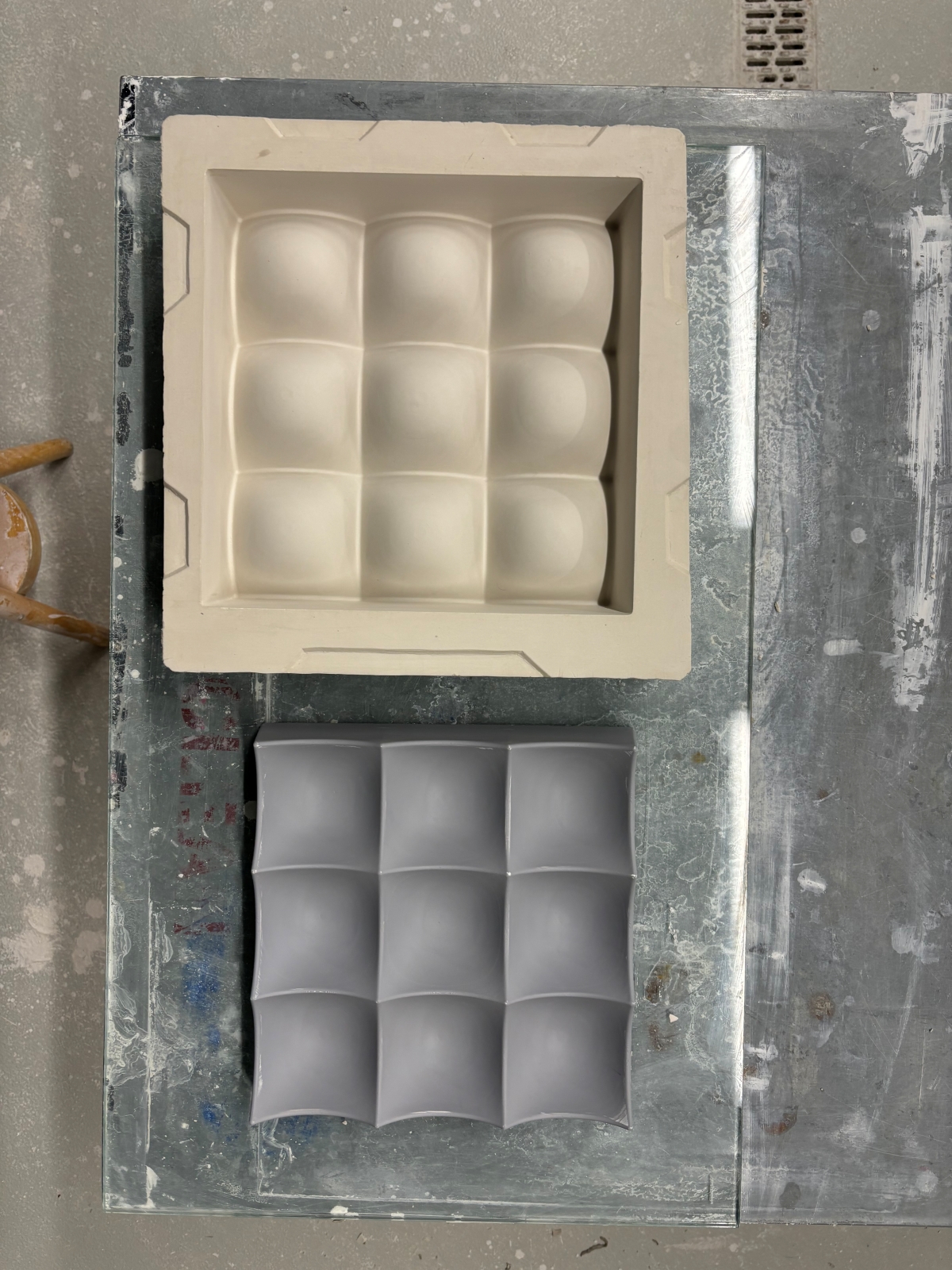
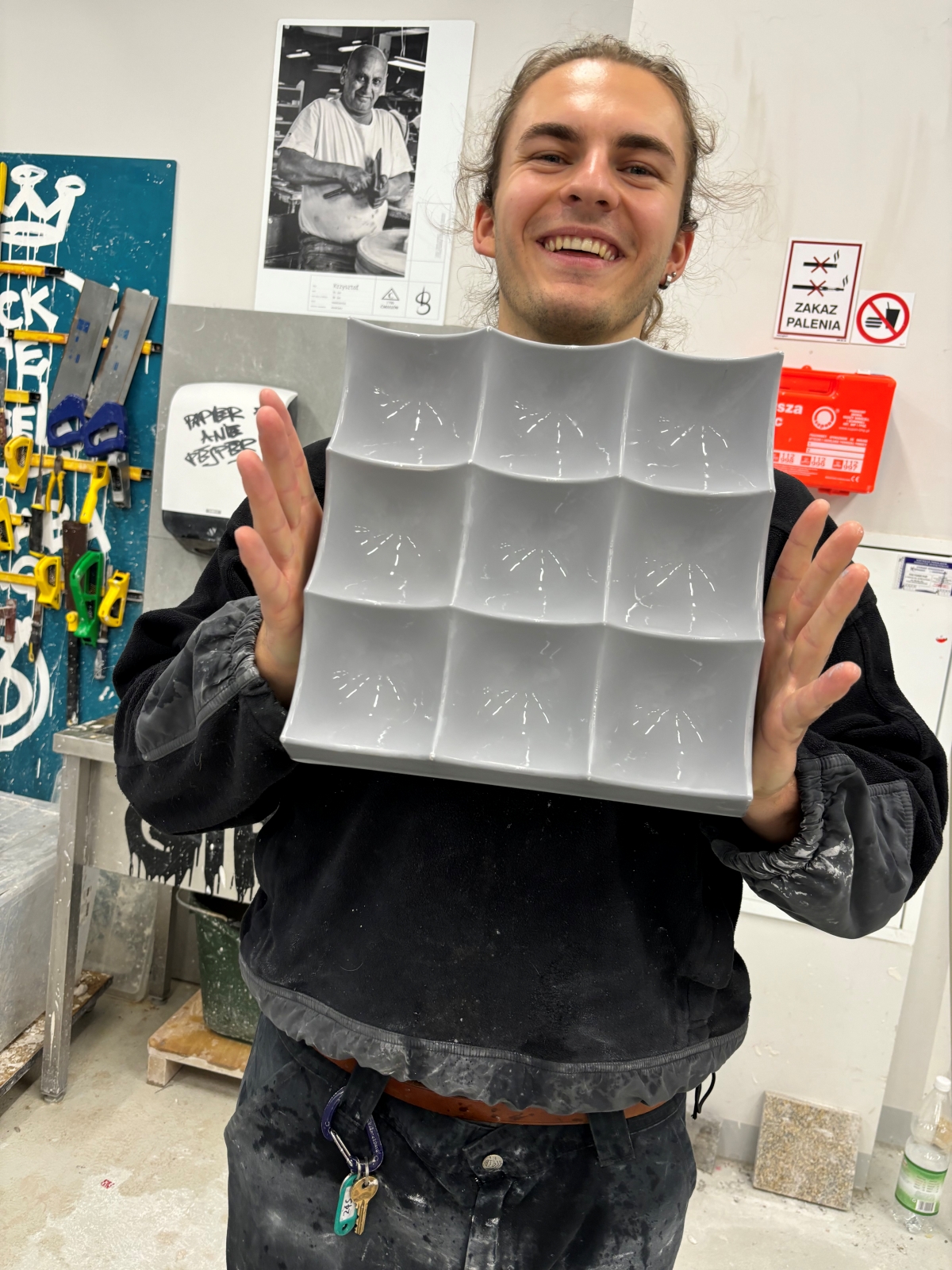
Ceramics exhibition at BioBazar in Warsaw
The results of these student experiments were showcased on March 7 at an exhibition held at BioBazar in Norblin Factory. The collection was also presented at the Łódź Design Festival and the Institute of Design in Kielce.